A documentary takes you back in time to the rich legacy of the language of Deccan that found its way into the humour-satire poetry mushairas of the region
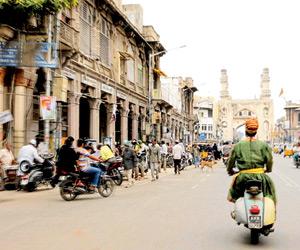
Buzdil hai woh, jo jeete ji marne se darr gaya / Ek maich tha jo kaam hi kuch aur kar gaya / Jab maut aake mere ko karne lagi salaam/Main valeykum salaam bola aur mar gaya. Laughter and applause fill the room as celebrated poet Ghouse Mohiuddin Ahmed, better known by his pen name, Ghouse Khamakha, narrates this verse in the trailer of A Tongue Untied: The Story of Dakhani. Weaving the grim theme of death in a light-hearted manner, the poem reflects the essence of Dakhani mazihiya shayri. It's the tradition of humour-satire poetry performances in the vernacular Urdu spoken across the Deccan plateau. Mumbai-based writer and filmmaker Gautam Pemmaraju tackles this subject in the 84-minute documentary, which will witness its first public screening this week.
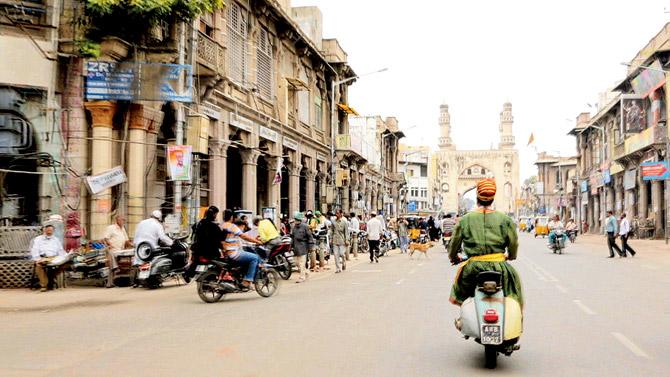
A shot of Hyderabad in the documentary
In the making for five years, the project took shape with the support of a grant by the India Foundation for the Arts back in 2012. The director recollects, "Having grown up in Hyderabad, I've been privy to its strong satire tradition. The initial idea was to only look at that. However, once the project began, I realised that to understand Dakhani humour, it was crucial to delve into the language first."
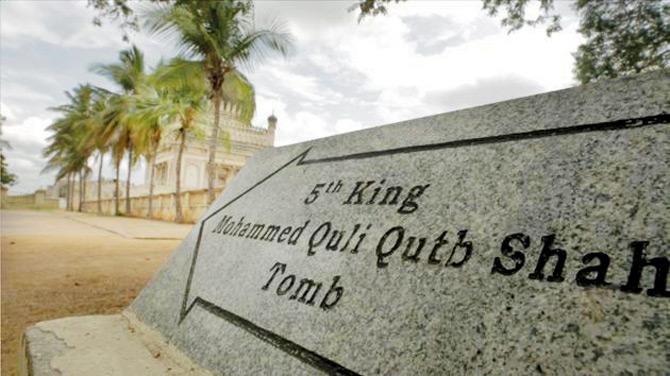
Muhammad Quli Qutb Shah's tomb
Through interviews with various Urdu linguists and scholars, the documentary traces the history of Dakhani back to the 13th and 14th centuries, when it evolved as a language for literary writings and compositions of Sufi settlers, court poets and the sultans of the Deccan, especially after Muhammad Bin Tughlaq shifted the capital from Delhi to Daulatabad. The language emerged as a barometer of the mixed culture of the region, revealing the depth of Indo-Muslim traditions of central and south India. "Several Dakhani words share common grounds with Marathi. Like, hau [yes] and nakau [no] are derived from ho and nako.
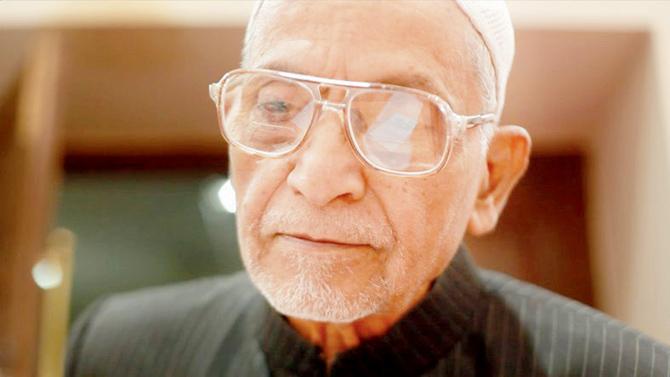
Ghouse Khamaka
Words such as 'aisich', and the accent make it distinct from Urdu," says Pemmaraju. The film also highlights the fall of the language, after the 18th century, as Dakhani was relegated to being a dialect, often used in farces and parodies, like Mehmood's much-loved Hyderabadi caricatures in Hindi cinema.
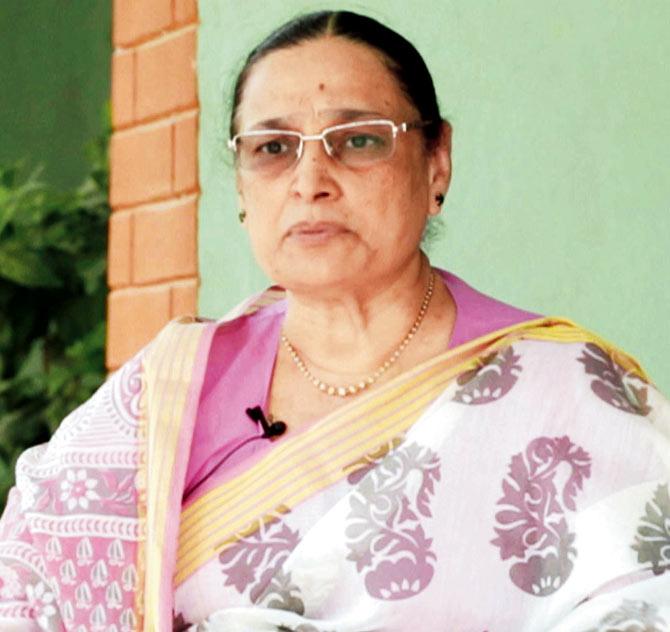
Sulaiman Khateeb's daughter Shameem Surayya features in the documentary
It is in this context that the director puts the focus back on the modern era and contemporary poets, who strived to uphold the language by holding mushairas of mazihiya shayri, which would witness 20,000 guests in the audience. These include early names like Nazeer 'Dahqani', Aijaz Hussain 'Khatta' ["He used 'Khatta' as a pen name because of the immense use of tamarind in the Deccan region"] and Sulaiman Khateeb. The latter was crowned as the badshah of this tradition, because of his ability to present the issues of the common man and boost his confidence to live through his poetry, as his daughter and Urdu scholar Dr Shameem Surayya puts it in the film.
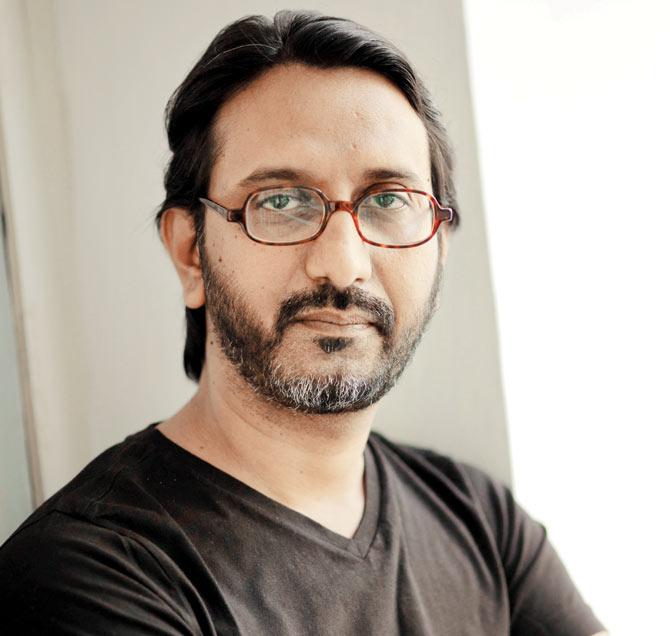
Gautam Pemmaraju
The director also puts the spotlight on contemporary poets like Gouse Khamakha and Mohammed Himayatullah by weaving nuggets of their performances through archival footage of audio and video recordings that he sourced from their families' private collections. "I travelled across the Deccan Plateau to conduct interviews with the scholars and traced some of the poets' families to Karachi, where they moved after the Partition. So, I asked a colleague to film their interviews on my behalf." Filmmaker Shyam Benegal, who studied in Hyderabad, also makes an appearance in the film. He sums up the beauty of the language, "Whether you sing it or you speak it, it [Dakhani] smells of the earth. It's as simple as that."
ON: October 26, 6 pm
AT: G5A, Laxmi Mills Compound, Mahalaxmi.
RSVP: info@g5a.org
 Subscribe today by clicking the link and stay updated with the latest news!" Click here!
Subscribe today by clicking the link and stay updated with the latest news!" Click here!









